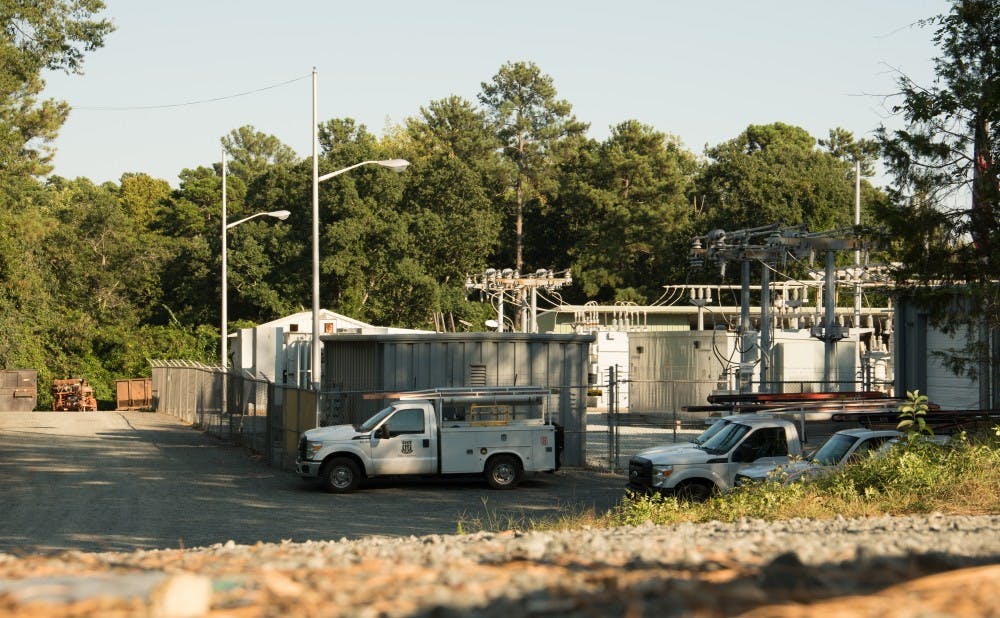Duke’s natural gas plant plans are as clear as oil.
The University has delayed indefinitely creating a combined heat and power (CHP) natural gas plant. The decision came after community groups issued a letter to President Vincent Price urging him and the Board of Trustees to create a more transparent stakeholder process for the whole project.
“We're just calling for more transparency and for Duke to analyze all…its energy needs and solutions,” said sophomore Ariyani Challapalli, president of Duke Climate Coalition.
Duke’s Campus Sustainability Committee completed a semester-long review of the proposed project but did not reach a consensus on whether Duke should proceed with the plant. However, it unanimously agreed that further review was needed and that Duke should only proceed if the plant would be fueled by a more environmentally friendly biogas—captured methane gas from North Carolina pig farms.
Ayo Wilson, administrative co-director of the North Carolina Environmental Justice Network, agreed that the stakeholder process is currently not transparent. He said that some stakeholders have more to gain than to lose, some have more to lose than to gain and all voices need to be heard in an equal manner.
“We're not interested in shutting people down or stopping things," Wilson said. "We just want things to be done in the best interests for all people. We think Duke University could play a huge part in that."
Sustainable Duke created a Climate Action Plan in 2009 that established goals and action items to reach climate neutrality, such as promoting clean energy transportation with more hybrid buses and higher parking prices. The University aims to be carbon neutral by 2024 and the Duke Carbon Offsets Initiative has developed projects to meet the goal. Projects include increasing urban forestry and holding workshops on home energy efficiency.
Challapalli appreciated Sustainable Duke’s efforts but said that going through with the CHP plant could be a step in the wrong direction.
“Building a new natural gas plant with potential biogas efforts and not fully analyzing [the consequences] can hurt some of the steps that Duke wants to take to become an environmental leader,” Challapalli said.
North Carolina was ranked number two, right behind California, in terms of solar capacity in 2016. However, some solar farmers predict that President Donald Trump’s new tariffs on solar cell imports may negatively affect North Carolina’s solar industry.
A community forum will be held April 10 at 6 p.m. at Penn Pavilion to discuss biogas efforts and Duke’s carbon neutrality goal.
Get The Chronicle straight to your inbox
Sign up for our weekly newsletter. Cancel at any time.

